Last Updated on April 27, 2024
Of all the actors to get caught up in the #MeToo movement, perhaps one of the most surprising was the Los Angeles, California-born American actor Dustin Hoffman. Back in 2017, when the actor was fresh off of delivering one of his finest latter-day performances in The Meyerowitz Stories, the actor was confronted (some say ambushed) at a 20th-anniversary screening of Wag the Dog by comedian John Oliver, who questioned him about accusations of inappropriate behaviour from thirty years prior on the set of Death of a Salesman. The story went viral, and soon a story about Hoffman’s treatment of Meryl Streep on the set of Kramer vs Kramer also got renewed play, much to Streep’s dismay, who said Hoffman had apologized years earlier, and she accepted that.
In the years since, Hoffman’s career has been low-key, with him only showing up in a few indie and international films, which is a significant comedown for a man who was always considered one of the greatest actors of his generation. Indeed, his filmography is tough to match, with him acting in decades of classics, including The Graduate, Little Big Man, Straw Dogs, Marathon Man, Tootsie, Rain Man, and so many more. Should a few instances of inappropriate behaviour be enough to tarnish his legacy? We dig into his life and career in this episode of WTF Happened to this Celebrity, written by Mathew Plale and edited, narrated and produced by Taylor James Johnson.
But to truly understand what the fuck happened to Dustin Hoffman, we go back to the beginning. And the beginning began when he was born on August 8th, 1937 in Los Angeles, CA.
With aspirations to be a jazz pianist and a bit of an outsider, Hoffman seemed drawn to the arts. Ditching college, he joined the Pasadena Playhouse, first meeting and later rooming with lifelong friends Gene Hackman and Robert Duvall.
He landed his debut: The Tiger Makes Out (Madigan’s Millions is officially his debut but didn’t come out until ‘68.). But who remembers that? It was director Mike Nichols’ The Graduate that put Hoffman on the Hollywood map. As the story goes, Hoffman had a supporting role in The Producers but asked Mel Brooks to let him go so he could audition. Hoffman would earn his first Best Actor nod but there was only so much it could do. Soon after, he was collecting an unemployment check–you know, like an actual college graduate!
Hoffman started turning down movies, deciding to briefly venture back to theater. Two years later, he showed he had one of the widest ranges of his generation; if The Graduate was his coming out film, Midnight Cowboy would mark him as one of the best actors perhaps to ever step in front of the camera. Sharing the screen with Jon Voight while playing greasy con man Ratso Rizzo. This was a man who knew which roles were best for him and perhaps no other actor had stronger, more diverse and challenging ones–with sprinkled duds–than Hoffman. After all, that same year he co-headlined the subpar John and Mary with Mia Farrow.
The ‘70s started with Little Big Man (1970), playing a man who ages up to 121, showing a different kind of range altogether. 1971 brought Who is Harry Kellerman…? and Sam Peckinpah’s Straw Dogs, drawing controversy over its brutal violence. It was one of his riskiest roles up to that point, justified all the more so by Hoffman’s brave performance that ensured the Movie Brat actors would rule Hollywood in a way the classic era couldn’t. After 1972’s Alfredo, Alfredo, worked alongside Steve McQueen in Papillon, his first teaming with legendary writer William Goldman.
Next came Lenny, playing controversial stand-up Lenny Bruce. It’s no easy feat to play someone like Bruce, to capture the essence of a man that, despite what we know, is tough to pin down. Nailing the comedian’s style, mannerism and aura, Hoffman earned his third Best Actor Academy Award nomination. For the iconic All the President’s Men (1976) he played another real-life figure, Washington Post reporter Carl Bernstein (against Redford’s Woodward). By this point, Hoffman was beating out Pacino for roles–arguably because of his level of commitment. That same year he was the Marathon Man. Interestingly, he played a much younger character than he had been. Not surprisingly, though, his acting style reportedly clashed with Laurence Olivier, ditching sleep and showering for days. (We should point out Olivier’s oft-quoted question, “Why don’t you just try acting?” has been debunked, although it sure makes sense!)
Following Straight Time (1978) and Agatha (1979), Dustin Hoffman landed Kramer vs. Kramer–about a bitter divorce–and with it his first Oscar. It was here he engaged in what would be his most documented issue with a co-star, actually slapping Meryl Streep, something she said overstepped any acting boundaries. Hoffman himself was on the verge of divorce and his apparent intensity greatly affected his perception of female co-stars. In addition to striking Streep, Hoffman also allegedly began “acting out” in other ways, using the death of Streep’s former lover, John Cazale, as a taunt, pushing her to leave the set.
1982’s Tootsie also allowed him to channel something else deep inside. As Michael Dorsey/ Dorothy Michaels, Hoffman presented more than just a cheap drag show. This was complex for a comedy (which Hoffman never considered it), immersing himself in what it meant to be not just a woman but an unattractive woman. Years after the release, he acknowledged that if he ever met Dorothy at a party he wouldn’t talk to her because she was ugly. He clashed with director Sydney Pollack, whose conventional style didn’t mesh with Hoffman’s Method. For his turn, Hoffman earned a fifth Oscar nomination.
1985 brought TV movie Death of a Salesman, an Emmy-winning role he perfected on the stage. From there came Ishtar–hey, all the greats have at least one Ishtar. A storied production we have no time to get into, the ballooning budget ended up around $133 million (inflated). Still, he maintains that he loves it, which makes approximately one of us.
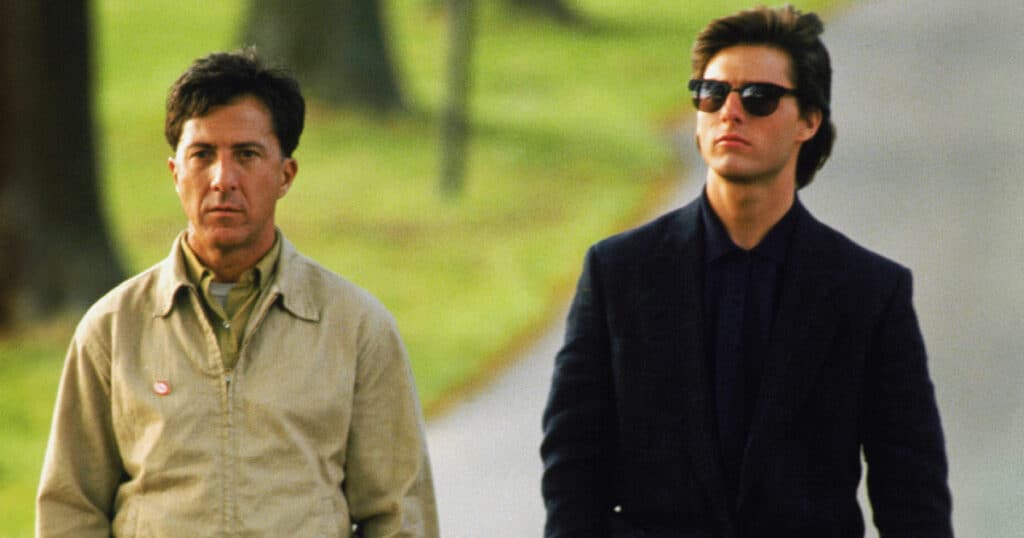
In one of the most astounding rebounds in movie history, he next played savant Raymond Babbitt in Rain Man (1988). For the role, Hoffman did the research we all expected of him, like working at a psychiatrist institute. This was not a piece of showmanship as can often be the case but a performance of genuine curiosity and sensitivity. And for it, Hoffman earned what so few have: a second Best Actor Oscar.
The bulk of the rest of the decade and the ‘90s brought what had been a pattern for Hoffman: glimpses of brilliance–Dick Tracy (1990), The Simpsons (one of the guest spots ever in “Lisa’s Substitute”) and Hook (1991), in one of the few Golden Globe nods not matched at the Oscars–but also fare like Family Business (1989), Billy Bathgate (1991) and Hero (1992). Launching in the middle of the decade were Outbreak (1995)–which saw renewed interest with the pandemic– he could also be found delivering fine performances in Sleepers (1996), which was the first of several times he would be in the same movie as Robert De Niro, David Mamet’s American Buffalo (1996), and Mad City (1997). It wouldn’t be until Wag the Dog (1997) –again from a Mamet script– that Dustin Hoffman seemed fully committed, taking in a seventh Oscar nomination. That same year, it was undeniable that his legacy, reputation and body of work could not be understated, earning the Cecil B. DeMille Award, two years later getting the AFI Lifetime Achievement Award…. which is weird cuz he still had lots of lifetime left to live.
And still, he was in hits and misses of varying magnitude, including Sphere (1998) and The Messenger: The Story of Joan of Arc (1999) before starting the next century off with Moonlight Mile (2002), giving a tender and concrete performance that could have marked a new era for him. Hoffman found a curious balance as the decade continued, playing a crime lord in Confidence (2003)–which he doesn’t quite pull off–and finally teaming with former roomie Gene Hackman in Runaway Jury (2003). 2004 would see him balancing nostalgic pieces like Finding Neverland–a bit of a nod to his role as Captain Hook–indies like I Heart Huckabees and paycheck crap that was miles beneath him like Meet the Fockers (followed by 2011’s Little Fockers). 2005 found him voicing a pony in Racing Stripes and again failing to succeed in gangster fare in The Lost City. The next year brought supporting turns in Perfume and Stranger Than Fiction, contributing just enough to maintain a presence, while 2007 saw him as Mr. Magorium in that Wonder Imporium, somehow doubling his Little Big Man character’s age!
Hoffman would have greater success doing voicework for 2008’s Kung Fu Panda (later doing the 2011 sequel and 2016 threequel) and The Tale of Despereaux, playing a red panda and rat, respectively, in addition to leading the quite charming Last Chance Harvey. After Barney’s Version (2010), Hoffman landed what was becoming common for seasoned actors: an HBO series. Unfortunately, despite the potential and prestige of the likes of Michael Mann attached, Luck was canned after one too many horses died on set. And so Hoffman switched to behind the camera, making his directorial debut with 2012’s Quartet. Yet, prominent lead roles have continued to elude the actor, taking smaller roles in Chef, Boychoir, The Cobbler (all 2014), The Program (2015), 2017’s The Meyerowitz Stories, 2019’s Into the Labyrinth, and the 2022 double bill of As They Made Us and Sam & Kate, which he at least made the poster for.
But there has, like so many actors of his generation, been a decline in the quality of Hoffman’s movies and even performances. Did we just lose interest with Hoffman because there were no more challenges for him? As it turns out, he, like many, was involved in the #MeToo Movement, which may not be much of a surprise considering part of his past…In 2017, seven women came out accusing Hoffman of sexual misconduct and assault, including teenagers. The women detailed when and how Hoffman exposed himself and made lewd advances throughout his career. In one instance, a woman working as an intern on Death of a Salesman recalled him directly sexually assaulting her in a similar manner as he did another young woman in a recording studio for Ishtar, while another instance went back to All the President’s Men. Hoffman would be blasted with automatic guilt via public opinion, possibly limiting his cinematic output. Regardless of the consequences, he made the following statement: “I have the utmost respect for women and feel terrible that anything I might have done could have put her in an uncomfortable situation. I am sorry. It is not reflective of who I am.”
And it’s not…right? With this, we think of his comments over Tootsie: when he said he would ignore a woman like Dorothy at a party, what did that really mean? Was there something under his tears of confession? This is just part of the complex nature of Dustin Hoffman: an unconventional-looking actor who made a Oscar winning career of challenging himself and those he encountered, forcing himself and others to question just what he could do next…. on the screen and in real life…
The future looks strong, though, for the 86-year-old Dustin Hoffman, who seems to have finally escape the shadow of #MeToo, with another Kung Fu Panda on the way and his first Coppola pairing, in the unfinished epic Megalopolis, set for 2024. Hopefully, this iconic actor gets to end his career in a way that does justice to the great legacy he leaves behind.


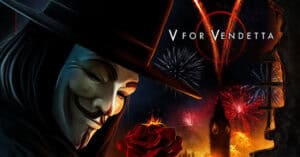
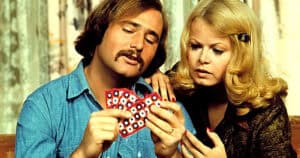
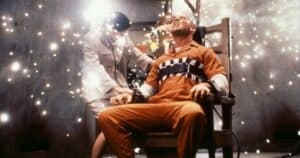
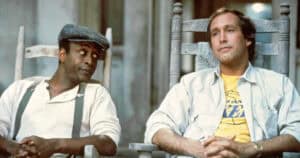
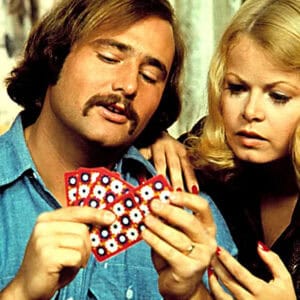
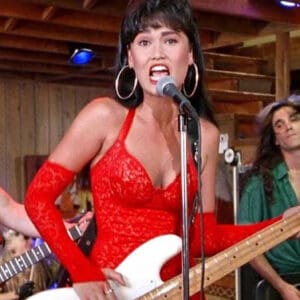
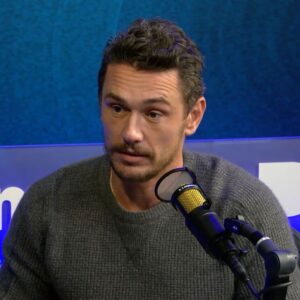

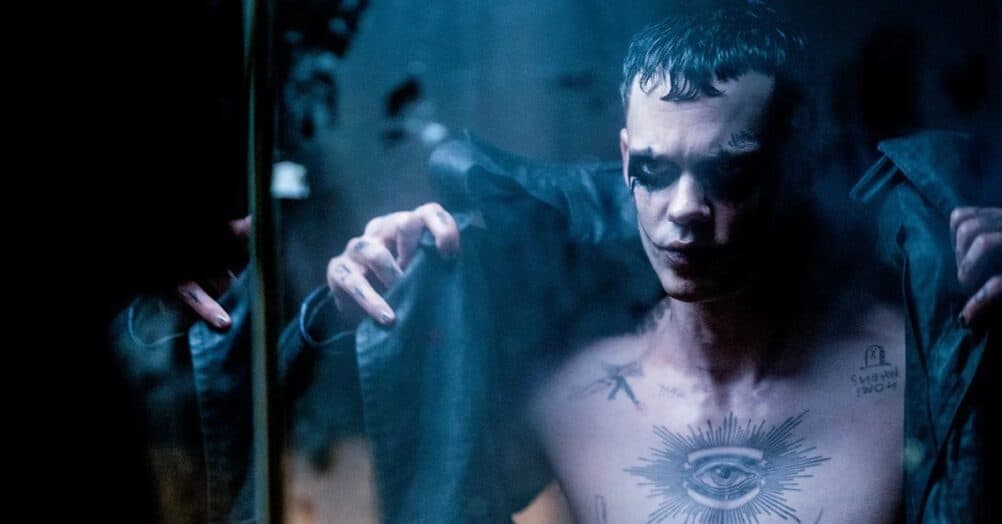
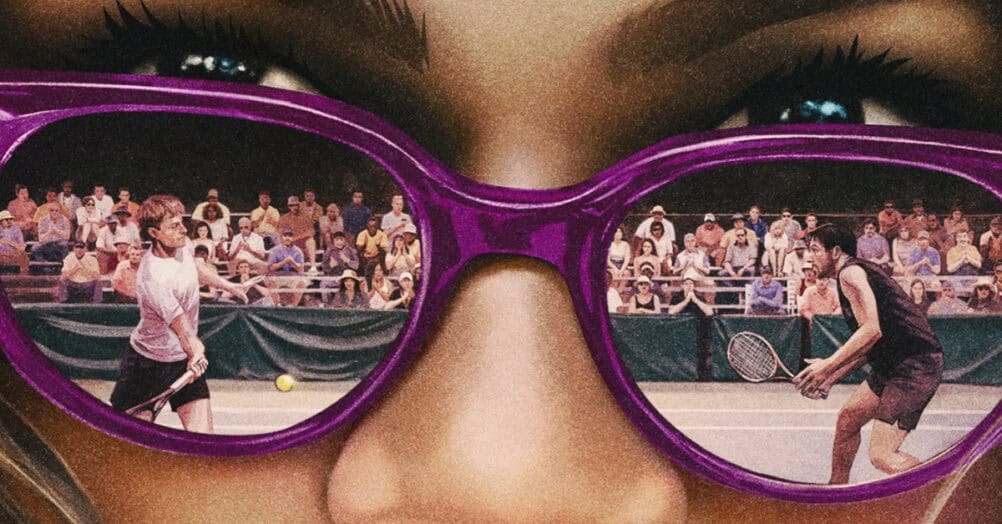
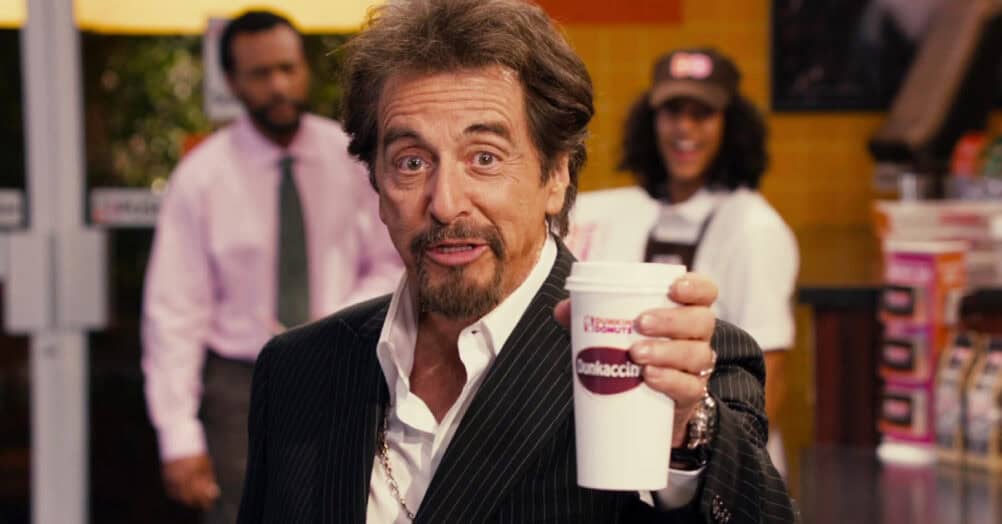
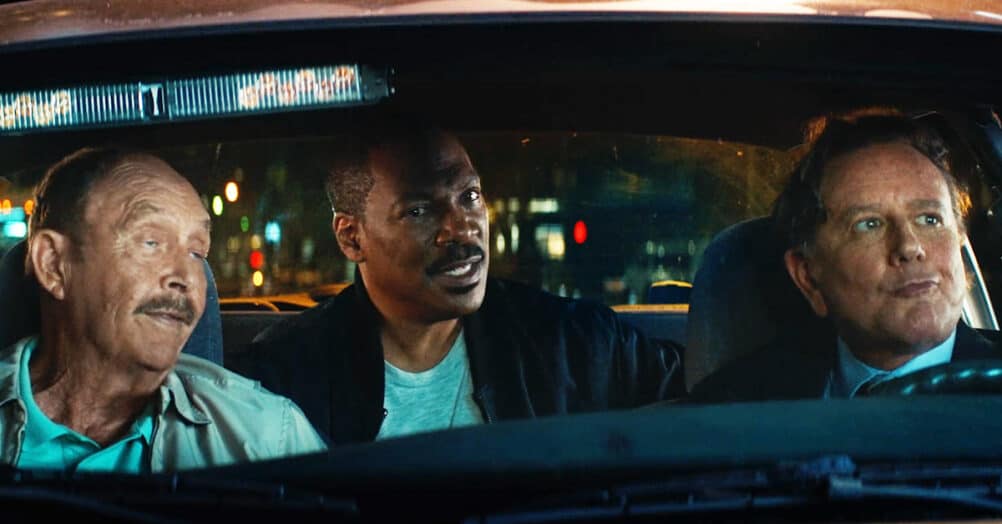

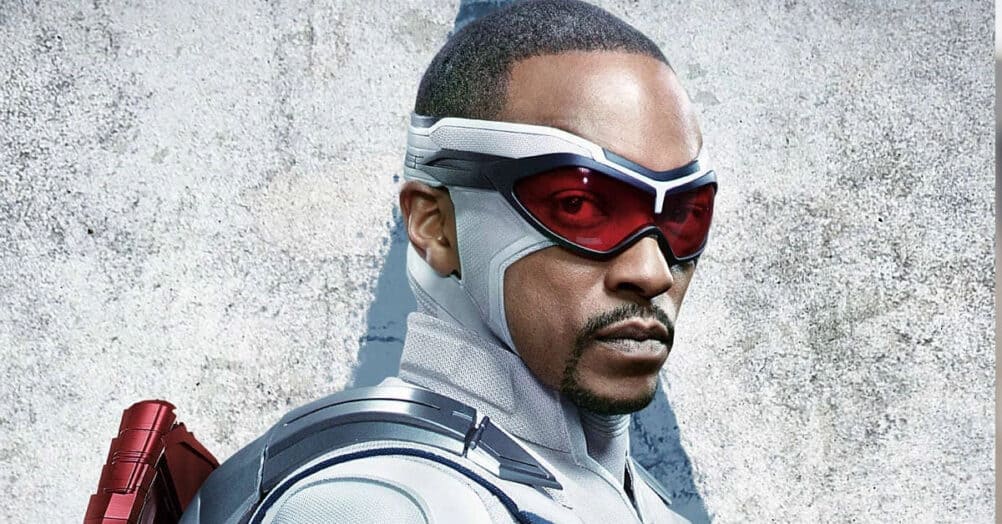
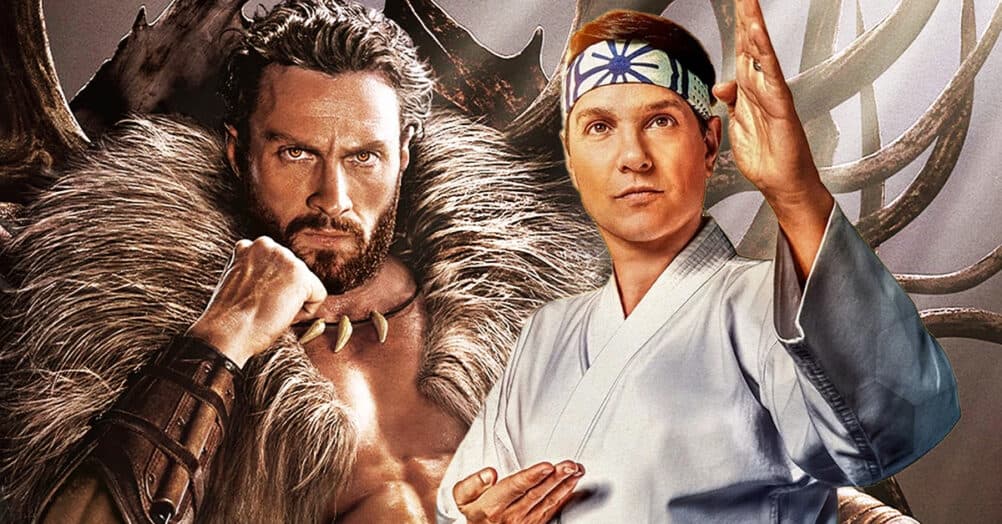
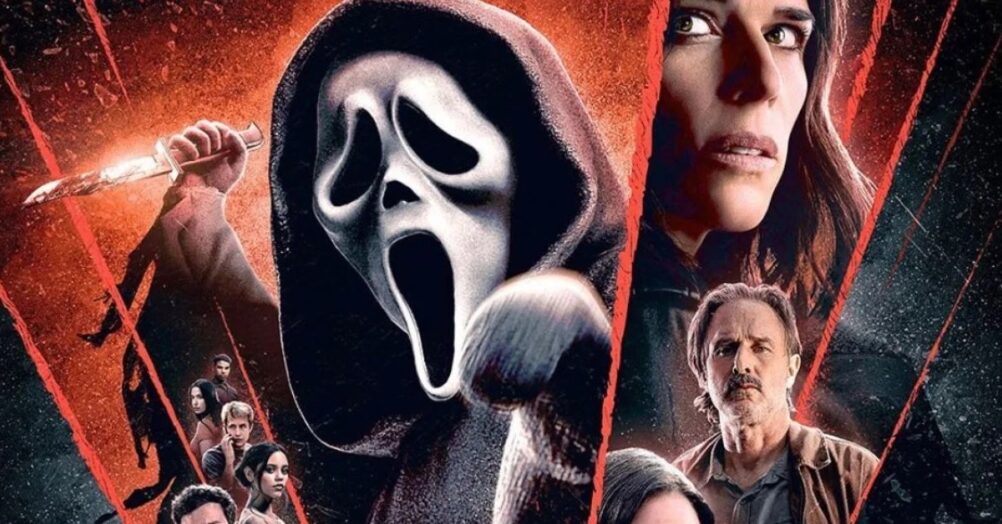
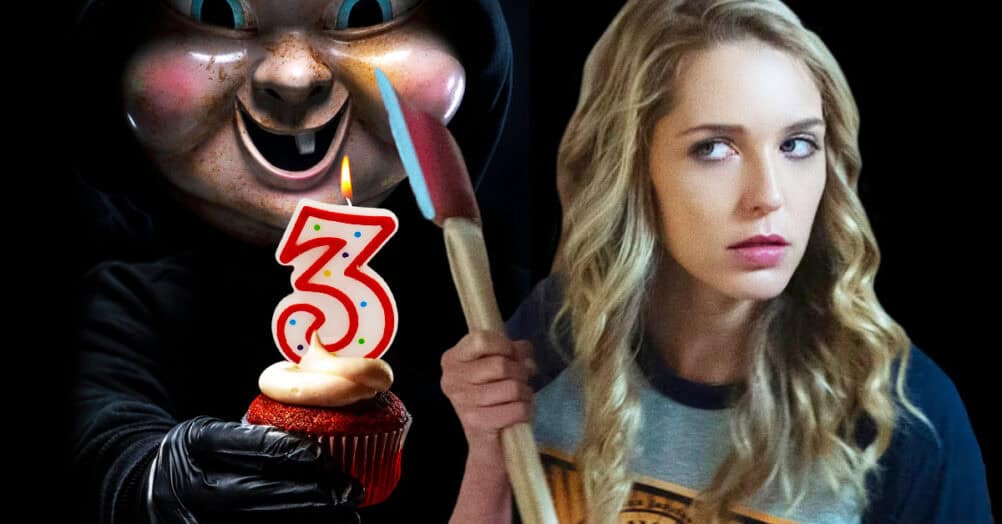
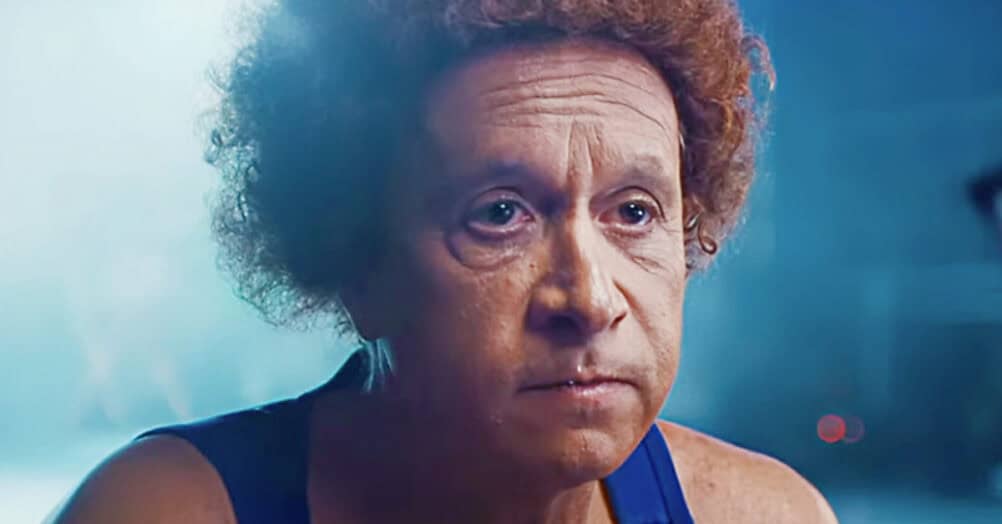
Follow the JOBLO MOVIE NETWORK
Follow us on YOUTUBE
Follow ARROW IN THE HEAD
Follow AITH on YOUTUBE